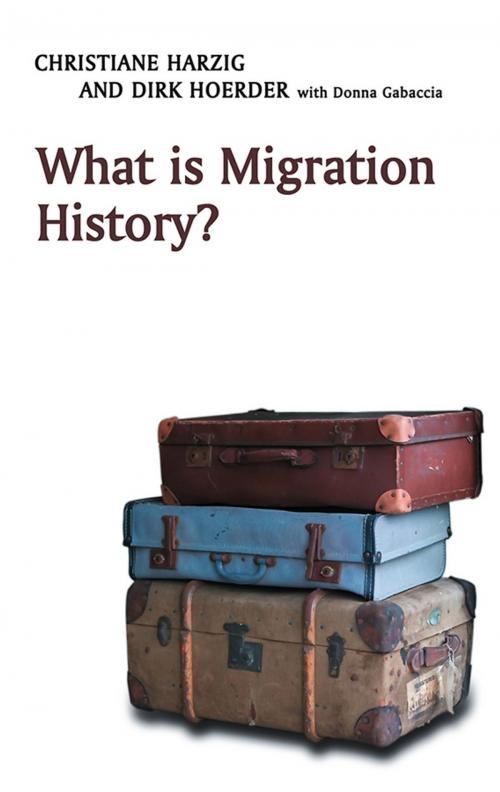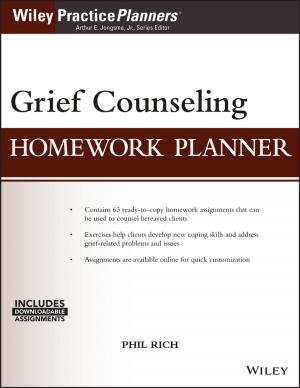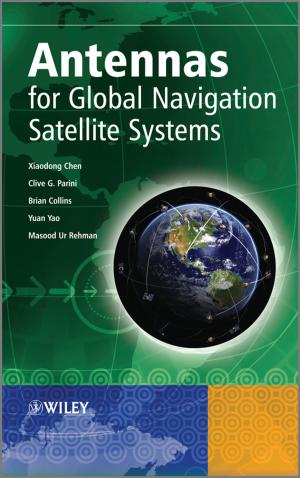What is Migration History?
Nonfiction, Social & Cultural Studies, Social Science, Cultural Studies, Emigration & Immigration| Author: | Christiane Harzig, Dirk Hoerder | ISBN: | 9780745656298 |
| Publisher: | Wiley | Publication: | April 23, 2013 |
| Imprint: | Polity | Language: | English |
| Author: | Christiane Harzig, Dirk Hoerder |
| ISBN: | 9780745656298 |
| Publisher: | Wiley |
| Publication: | April 23, 2013 |
| Imprint: | Polity |
| Language: | English |
The study of migration is and always has been an interdisciplinary field of study, vast and vibrant in nature. This short introduction to the field, written by leading historians of migration for student readers, offers an acute analysis of key issues across several disciplines. It takes in its scope an overview of migrations through history, how classic theories have interpreted such movements, and contemporary topics and debates including transnational and transcultural lives, access to citizenship, and migrant entrepreneurship.
Historical perspectives reveal how the scholarly field emerged and developed over time and across cultures and how historians of migration have recently begun to re-write the story of human life on earth. Throughout, the authors suggest how the movements of millions of mobile men and women persistently challenge changing scholarly paradigms for understanding their lives. Key concepts and theories, such as systems, networks, and gender, are explained and historicized to produce a complex picture of the interaction of migrants, scholars, and disciplinary cultures in a globalized world.
The study of migration is and always has been an interdisciplinary field of study, vast and vibrant in nature. This short introduction to the field, written by leading historians of migration for student readers, offers an acute analysis of key issues across several disciplines. It takes in its scope an overview of migrations through history, how classic theories have interpreted such movements, and contemporary topics and debates including transnational and transcultural lives, access to citizenship, and migrant entrepreneurship.
Historical perspectives reveal how the scholarly field emerged and developed over time and across cultures and how historians of migration have recently begun to re-write the story of human life on earth. Throughout, the authors suggest how the movements of millions of mobile men and women persistently challenge changing scholarly paradigms for understanding their lives. Key concepts and theories, such as systems, networks, and gender, are explained and historicized to produce a complex picture of the interaction of migrants, scholars, and disciplinary cultures in a globalized world.















